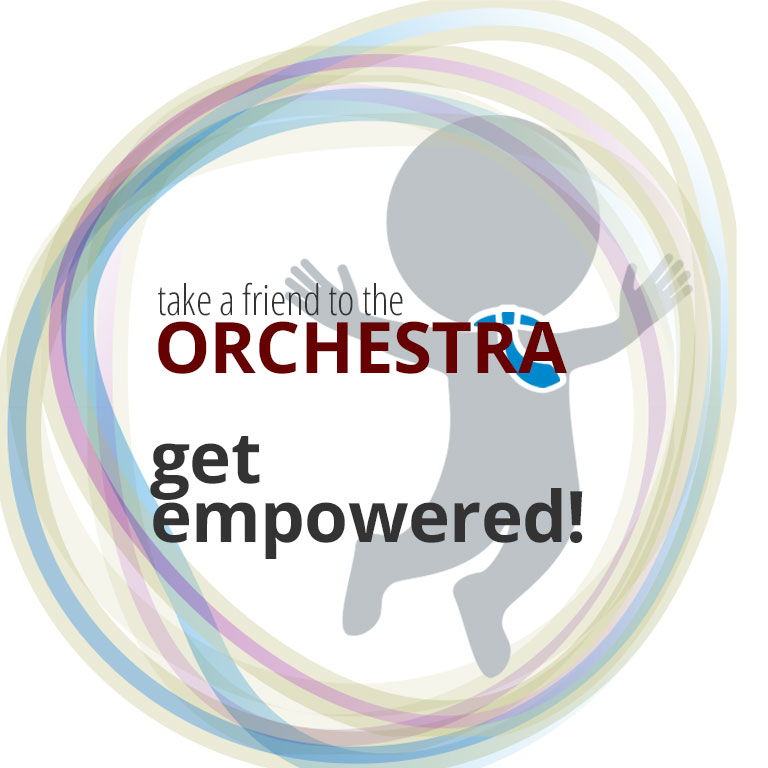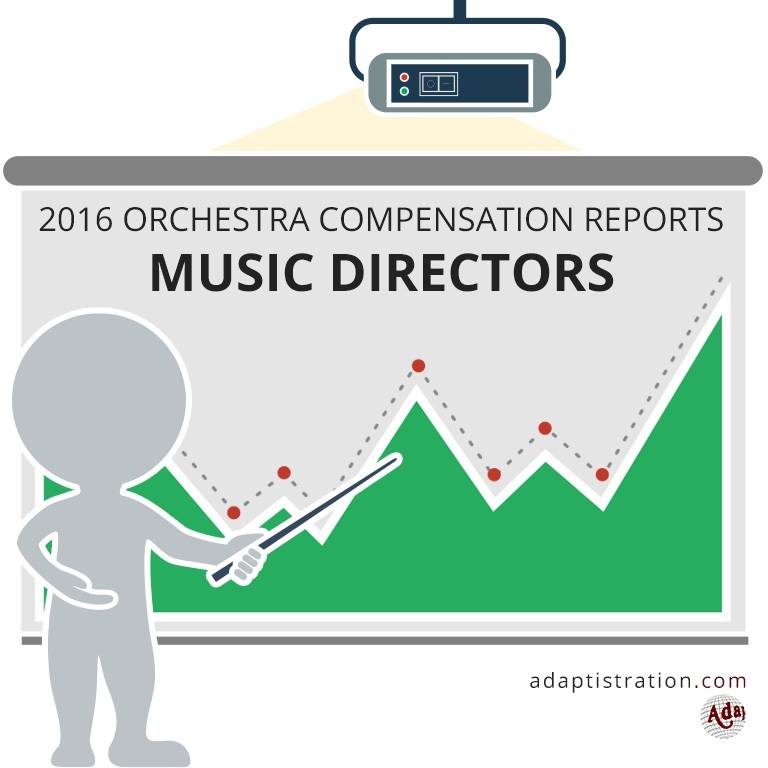As TAFTO glides through its final week, I’m very pleased to see such great contributions still coming in. Today’s contribution is from music critic, composer, arts consultant, and blogger, Greg Sandow.
On more than a few occasions, issues on Greg’s blog, Sandow, has crossed paths with mine as we tend to consider the same issues from unique perspectives and his TAFTO contribution is no exception. In true Sandow form, Greg examines what would make a good concert experience by first looking at what might turn people away. It’s cultural reverse engineering.
Some years ago, I’d defected from classical music to pop, and I was working as senior music editor of Entertainment Weekly.
I had a girlfriend with no classical music background, a smart woman in
her late thirties, a good example of the kind of person orchestras now
want to attract. Sometimes she’d suggest we go to a classical concert,
but I wasn’t interested. At least for a while, I’d put classical music
behind me.
One night we were walking past Carnegie Hall, just as a concert was
getting out. Well-scrubbed, comfortable people in their fifties and
sixties surrounded us. "Who are these people?" asked Joanna, in utter disbelief. And she never wanted to go to a classical concert again.
Now, somebody might say she was being shallow. Who cares what kind
of people go to a concert? Isn’t the music what matters? But I might
mildly say that other arts don’t have this problem. Joanna was
perfectly happy going to a museum, or going to the theater. There she
found people she could identify with.
And who among us goes to events where nobody is like us? I don’t
think that’s common at all. I’ve been the only white person at a Luther
Vandross show, the oldest person (by miles) at countless heavy metal
concerts, the only person at a Neil Diamond show who wasn’t a fan, the
oldest person at hiphop shows in Los Angeles where gangs of Crips ran
wild, the only non-Goth at a Fields of the Nephilim club date (except
for a geek in a plaid shirt, from the band’s record label).
I did these things because I was a rock critic and it was my job.
But it’s never quite comfortable. Don’t throw stones at Joanna until
you’ve done what she didn’t want to. If we imagine the look and feel of
an orchestra concert doesn’t matter to put this in a wider perspective
then we’re trying to pretend that classical music has some special
status in the world, and is somehow exempt from the social currents
that swirl through everything else in our lives. (This, actually, seems
to be the thesis of the only book I know on this subject, Julian
Johnson’s Who Needs Classical Music? But that’s another story.)
The irony, of course, is that to the extent that ideas like this are
alive in the classical music world, classical music will attract people
who believe them. And then others will look at who’s at an orchestra
concert, recognize that this is a foreign country, and say what Joanna
said.
But I digress. What I really want to ask is this: Why should anyone go to an orchestra concert? What’s there to attract them? Why should we assume they’d get anything from it?
The first problem might be this. How well does any orchestra play?
I’ve been lucky this year, because most of the orchestra concerts I’ve
heard have been in Pittsburgh and Cleveland, where the orchestras play
really well, in Pittsburgh with a lot of warmth, and in Cleveland with
a cool explosion of fire. (I also heard one performance by the St. Paul
Chamber Orchestra, which was joyful.) But many concerts are
indifferent. We all know this. If I were taking a friend to something,
of course I’d pick the event carefully. In New York, maybe I’d choose
the Orchestra of St. Luke’s. But I blanch a little at the thought of
people going off to orchestra concerts just anywhere. The odds, I fear,
is that what they’ll hear will just be routine.
And what’s the point of the event? A year or so ago I went to a St.
Luke’s concert, all Haydn and Mozart. Just stellar playing, all
precision, joy, and grace, but what’s with all the 18th century music?
To us it seems natural, but to a smart, educated, experienced outsider,
it might seem blank. What’s the perspective on the 18th century? What’s
being communicated? A museum wouldn’t mount a show, and a theater
wouldn’t produce a play, without having some point of view, but
orchestras mostly just go through the music. Thus, to a smart person
who isn’t already seduced by the music, they’re mostly going to seem
unintelligent, at least when compared to other arts (and to popular
culture, but that, too, is another story).
Of course, the orchestra really might have a point of view. But how
often is that communicated? In Cleveland, Franz Welser-M�st is going to
conduct the Beethoven Missa Solemnis. He’s loved that piece
ever since he was a teenager, relates to it strongly in part because
he’s an Austrian Catholic, and has vivid ideas about what every moment
of it means. The Cleveland Orchestra asked me to write a program note
for the concert, which would convey all that. So people who come or at
least people who read the program note will know what Franz is trying
to do.
But how often does that happen? How often do people who come to an
orchestra concert know what the musicians are trying to accomplish?
Almost never, I’d submit. Recently, as part of a new project, I talked
extensively to people from the audience of a major orchestra I’d never
worked with before. What came out was stunning. Here were people who’d
been going to serious classical concerts for 20 years or more, and once
they realized that someone really cared what they thought they were
bursting with questions about why the orchestra did what it did.
Questions about the performance they’d just heard, questions about
things that happened five months ago, even questions about one concert
that happened in the ’80s. They had no idea how the orchestra thinks
about music. They have no idea why they’re forced to listen to new
music they can’t understand. Not that they’re hostile. Just the reverse
they’re eager to understand. But nobody, in all the time they’ve been
going to concerts, ever talked to them. Of course there are program
notes, but these give a detached view of the music being played, with
no relation to anything the conductor or musicians might think.
When I was finished, I thought: There’s a dead zone between
orchestras and their audience. The audience doesn’t know what’s going
on. They don’t know what really happens at the concerts they hear what
chances are taken, what musical problems are solved, what anyone is
trying to express. And of course any smart person who comes in from the
outside can sense this. It’s engraved, somehow, on the whole orchestra
experience: the blank rituals, the empty formality, the distant,
scholarly program notes, all the rules about when to applaud, the very
look of the people in the audience (thanks, Joanna), who for the most
part, and through no fault of their own, are only passively engaged.
Who can blame anyone for staying away?
– Greg Sandow


